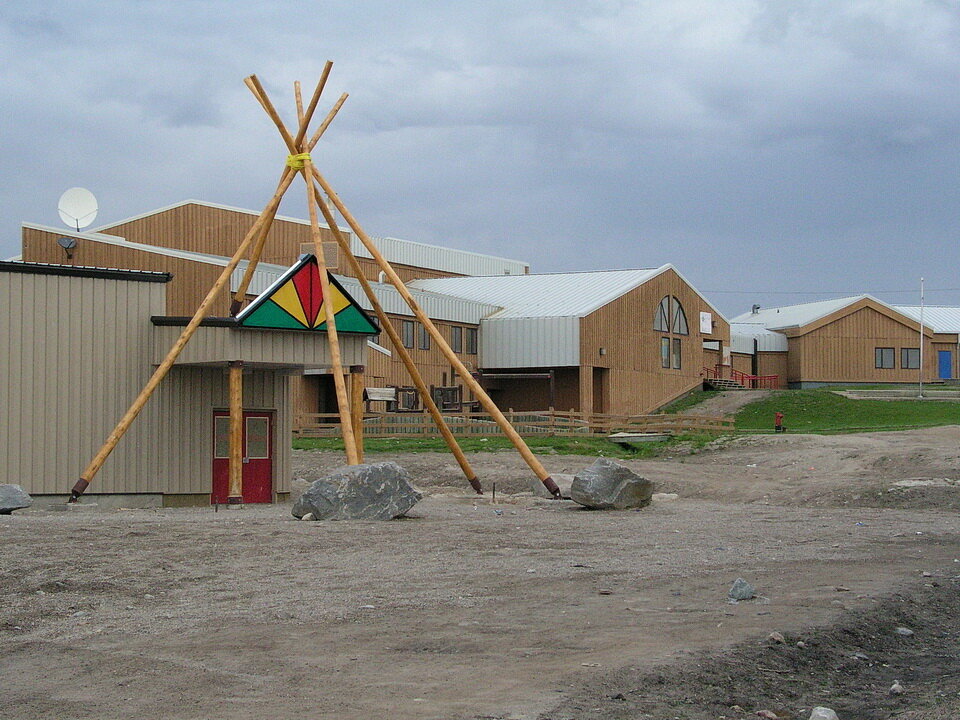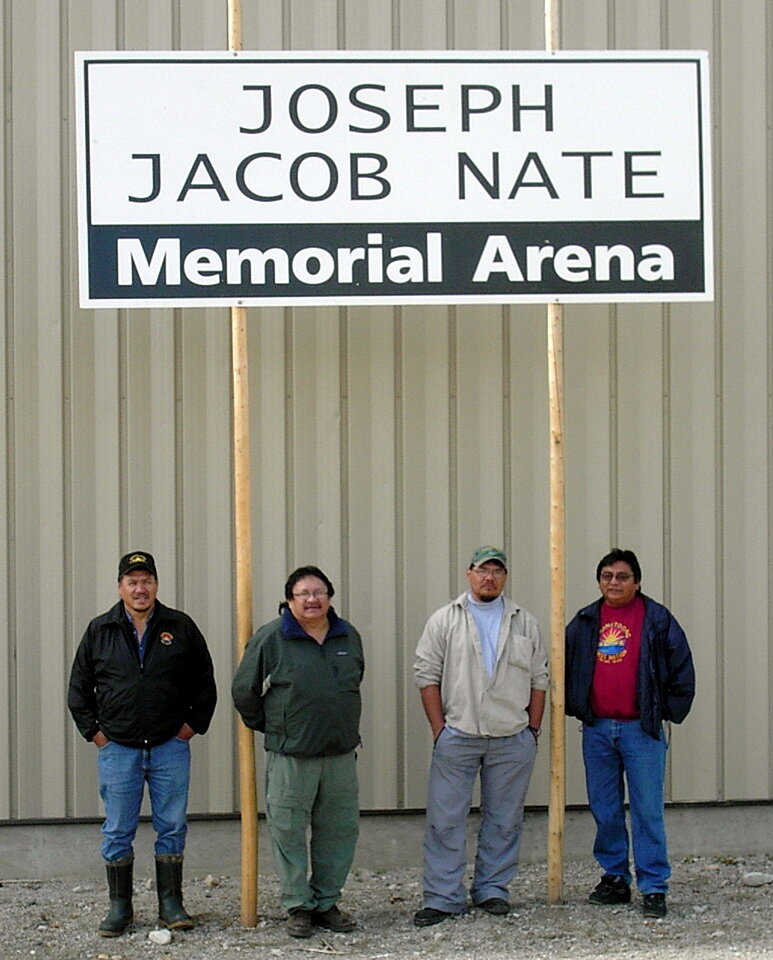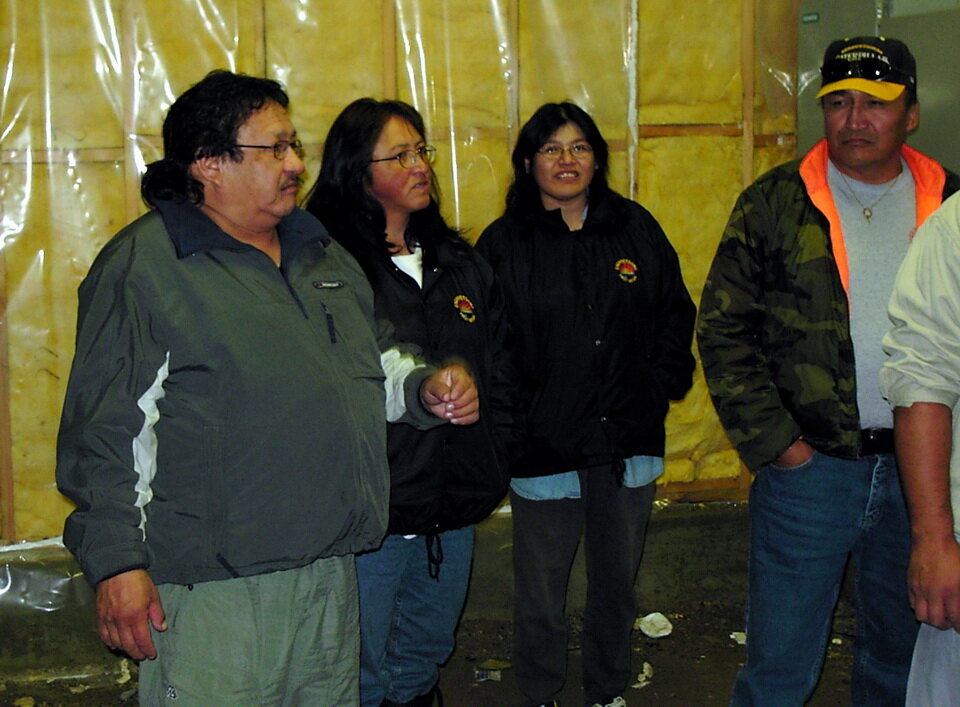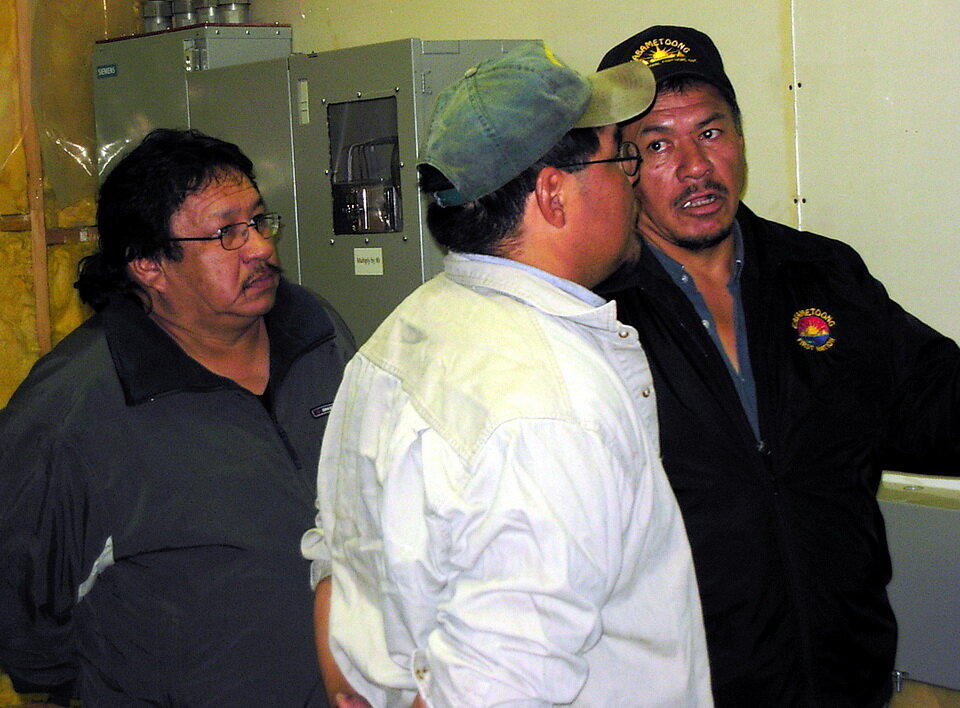Far North Friday #52: Importance Is Relative
It is easy to fall into the trap of believing “our work is the most important” or “our interests are the most important”. Importance is relative.
I learned that lesson early on during our visits to the far north. I believed my work was important. I still believe that. But was it, or is it, the most important? No.
I recall walking down a street in a far north community with a local Mother. She quietly explained, mostly by her actions, that it is hard to get up early in the morning to get her kids ready for school because she was up most of the night looking for wood to burn to keep her home from freezing in the winter. It is hard for kids to be motivated to attend, and focus on, school when they had not eaten for 24 hours because there was no food in the house. It was difficult to think about very much when her head was focused on bills that came due that week and there was no work - no work - in the community, to earn money, to pay bills. Yet social assistance payments were the same regardless if you lived on the shore of Lake Erie or the shore of Hudson Bay, where food may cost 5x more than in the south. I began to realize that it was hard for someone to become passionate about science when they were struggling to survive. Importance is relative.
During the middle of a meeting with Chief and Council of Eabametoong First Nation, a note was passed to the Chief by the Band Manager. The Chief read it, looked up, and asked “do you want to visit the new arena?” The contractors had just finished their work and they offered a tour of the completed arena. I had learned that some questions are questions. Other questions are expectations. That was an expectation question.
You might think: a) it takes 2 days of travel to get to and from the community and we would be in the community for 2 days - a minimum of 4 days were invested in that meeting (time); b) it takes flights in 3 different aircraft, each direction, to get to the community (fear); c) for the same cost, you could fly to Europe and back if you flew out of a major southern city (money); and d) discussing the collaborative science project was important to inform future decisions that would impact the community (perspective).
But, to the community, the newly completed arena was the most important thing at that time.
Centre left is the entrance to the Joseph Jacob Nate area, in Fort Hope, a remote, fly-in First Nation community in the homeland of Eabametoong First Nation. In the background is the community school, named the John C. Yesno Education Centre. Photo by Andy Fyon, July 9, 2004.
The arena was a vehicle to help address social issues, mental health issues, physical fitness issues, and substance abuse issues. It was a way for youth and adults to come together to focus on sports they all loved: hockey and broom ball. It was a place where families could get together to cheer on their favourite local teams. The arena was an important place that we take for granted in the south.
Left to right: Andy Yesno, Chief Charlie Okeese, Ron Nate-Missewace, and Stanley Bois standing beneath the sign naming the new Joseph Jacob Nate Arena, Fort Hope in the homeland of Eabametoong First Nation. Image by Andy Fyon, Sept. 25/02.
We all agreed. The meeting was terminated. We all went over to the new arena. We checked out the washrooms, the change rooms, the electrical panels, the upstairs observation deck, and the seats beside the future ice sheet. I am certain that visions of future NHL hockey players and teams (like the great Montreal Canadians - inside joke) were inspired during that arena tour.
Left to right: Chief Charlie Okeese, Christine Yesno, Lucy McKay-Atlookan, and Sol Atlookan on the tour of the new arena, named the Joseph Jacob Nate Arena, Fort Hope in the homeland of Eabametoong First Nation. Image by Andy Fyon, Sept. 25/02.
Left to right: Chief Charlie Okeese, Ron Nate - Missewace, and Andy Yesno on the tour of the new arena, named the Joseph Jacob Nate Arena, Fort Hope in the homeland of Eabametoong First Nation. Andy Yesno was discussing the subtleties of the electrical system, as I recall. Image by Andy Fyon, Sept. 25/02.
Over time, I met with many community people in that arena. I watched many hockey and broomball games in that arena. I saw the enjoyment it brought to the community people. I saw the occasional “ringer” come in from the outside to suit up and play. I saw the occasional celebrity take over the public address system to call the game. I saw musical bands play in that arena. I witnessed political events take place in the arena. I saw the distraction the arena served. The arena is much more than a building. It was much more important than the science project meeting that we all agreed to shut down.
Importance is relative. Your agenda may not be the most important item facing a community.
Have A Question About This Note?
Jan 22/21 (Facebook Jan. 22/21)




